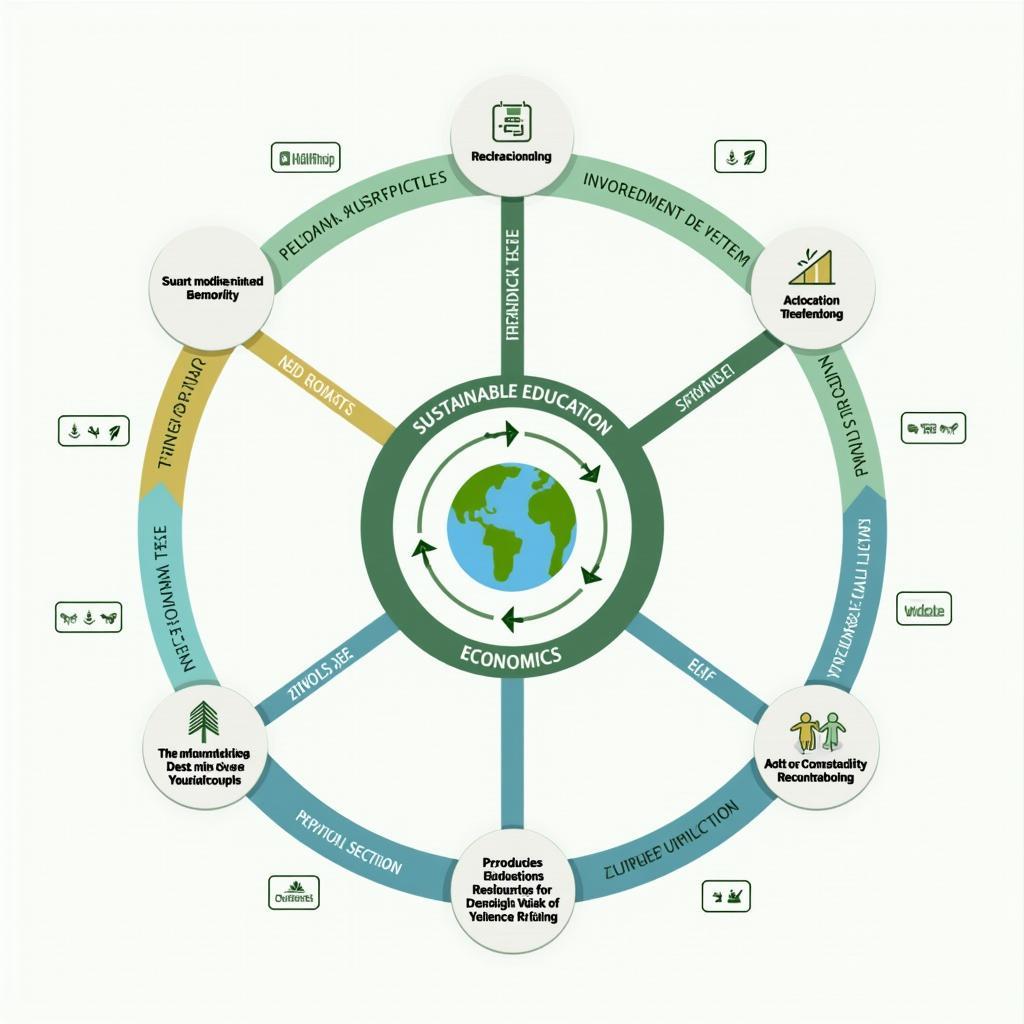The topic of schools’ role in teaching resilience has become increasingly prevalent in IELTS Writing Task 2 examinations, particularly as global education systems adapt to address students’ mental well-being. Similar to importance of promoting mental health in schools, this theme frequently appears in various forms, reflecting its growing significance in contemporary education discourse.
 Students participating in resilience building activity in modern classroom
Students participating in resilience building activity in modern classroom
Analysis of Common Task 2 Question Types
Let’s examine a frequently appearing question type:
Some people believe that schools should focus solely on academic subjects, while others think teaching resilience and coping skills is equally important. Discuss both views and give your opinion.
Question Analysis
- Type: Discussion + Opinion
- Key elements: Academic subjects vs. resilience skills
- Focus areas: Education curriculum, life skills, student development
Sample Essay 1 (Band 8.5)
In contemporary education, there is ongoing debate about whether schools should prioritize traditional academic subjects or incorporate resilience training into their curriculum. While both aspects have merit, I believe a balanced approach incorporating both elements is crucial for students’ holistic development.
Those advocating for purely academic focus argue that schools’ primary purpose is to develop intellectual capabilities. They contend that mathematics, sciences, and languages form the foundation of professional success, similar to how importance of financial literacy in reducing debt contributes to economic stability. Furthermore, they emphasize that resilience development should remain within family domains.
However, proponents of resilience education present compelling arguments. Research demonstrates that students equipped with strong coping mechanisms perform better academically and professionally. They maintain that modern challenges require emotional fortitude alongside intellectual capabilities. Much like should high school include mental health courses, teaching resilience prepares students for real-world challenges.
In my view, integrating both approaches offers optimal benefits. Schools can incorporate resilience training through practical applications within academic subjects, creating project-based learning opportunities that develop both knowledge and emotional strength. This integration ensures students develop comprehensive skill sets without compromising academic excellence.
Therefore, while academic subjects remain fundamental, incorporating resilience education enhances rather than diminishes educational quality. This balanced approach creates well-rounded individuals prepared for both academic and life challenges.


